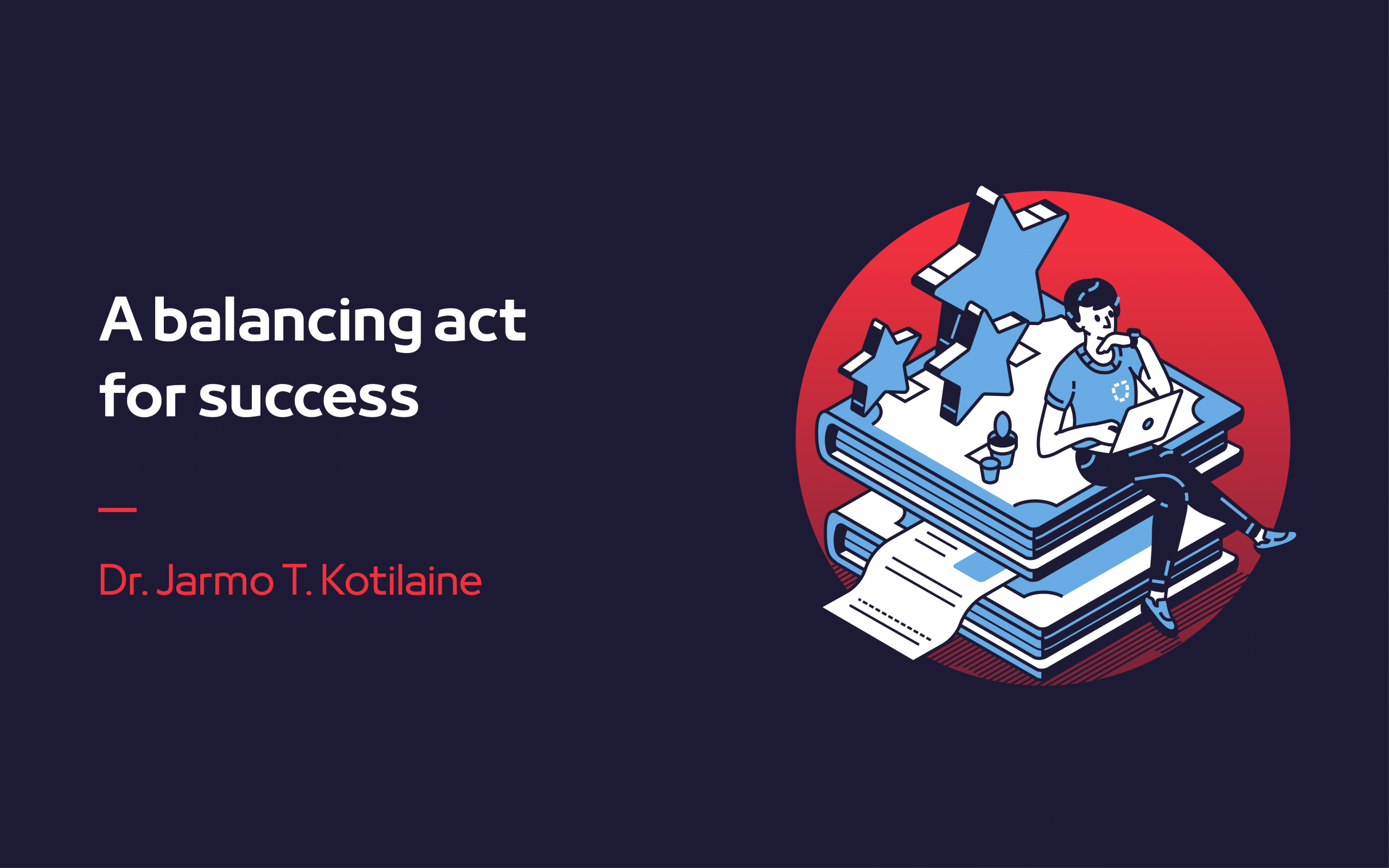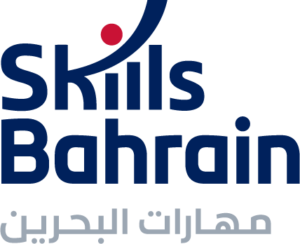
A balancing act for success
One of the main challenges facing those of us interested in human capital is that of measurability. We tend to focus much more on things that are easy to “objectively” document and measure. This is what has given rise to the long-standing tradition of “credentialism” in many organizations. We can easily verify diplomas and certificates. But measurable things are not the only ones that matter in life. And very often, it is the not-so-easily-measurable skills that allow people to make the most of the formal qualifications.
The difference between hard skills and soft skills
This, in essence, is the different between “hard skills” and “soft skills.” Hard skills typically refer to our technical competences. They are typically skills that are taught through educational and training programs. And they can usually be measured unambiguously through questions that have “one correct answer.” This is why skill development programs typically conclude with an evaluation that seeks to determine whether a participant has successfully acquired the skills being transmitted.
Soft skills are far more difficult to objectively quantify, partly because their application is often situation-specific. The effectiveness of our communication pertains to our ability to transmit and explain ideas and concepts in a way that delivers the outcome we seek to achieve. But the “right recipe” for effective communication can depend significantly on our audience and the context we are in. Our soft skills thus also pertain to things such as our ability to “read the room.”
The importance of emotional intelligence
Much has been said about emotional intelligence. Our aptitude for empathy, the ability to see things through other people’s eyes and understand their concerns is critical for building a strong relationship of mutual respect and trust. While communication skills are a critical arrow in the quiver of soft skills, so is our ability to listen and proactively seek different perspectives and concerns.
The world keeps changing, seemingly faster and more unpredictably than ever before, not least due to the accelerating pace of technological progress. Our ability to adapt to these changes and bring others onboard with the shifts of direction is essential for ensuring that change and uncertainty do not throw us off course.
While it may be tempting to think of soft skills as somehow distinct and separate from hard skills, the opposite is true in practice. Soft skills are usually what allows us to make the most of our hard skills: build confidence by demonstrating our technical understanding, effectively transmit knowledge to others, and helping build consensus and a shared purpose by demonstrating relevant facts and their significance. Knowing all the right answers does not help us unless we can articulate them effectively. But conversely, no amount of oratory can compensate for a lack of technical skills and understanding. It is thus essential that our toolkit of skills is balanced. A wealth of hard skills with dearth of soft skills is unlikely to take us far in the company of others.
Can soft skills be taught?
The channels for acquiring hard skills are well known and understood. But can soft skills be taught? After all, many of them appear to link to innate abilities and aptitudes. We all know people who are “good at getting things done.” They are structured in their thinking and disciplined in their actions. Over time, many of them acquire a reputation for dependability. But their ability to “get things done” is seldom directly linked to their formal qualifications and technical skills. Most of them do not boast MBAs but, rather, their skills are linked to their personality and experiences.
Similarly, we have all met people who can accomplish tasks with seeming ease because of their emotional intelligence. They are good at connecting with others, seen as personable and likeable, and they can leverage their emotional intelligence to persuade others to deliver. And they often do so with much greater ease than people who are seemingly more accomplished in terms of technical credentials.
When we look at people who have succeeded in global business, politics, or other walks of life, they do not always possess the most impeccable or impressive educational credentials. The human mind is highly complex, and our ability to absorb and process information highly variable, something that philosophers and psychologists have for centuries tried to document through different taxonomies of personality types.
Nonetheless, soft skills can definitely be taught, not on the same model as hard skills but in ways that allow people to gain a better understanding of what soft skills are and why they matter. Above all, we can make people more aware of themselves, not least by understanding that exceptional strength in hard skills may not be enough for them to meet their aspirations. No less importantly, people who want to develop their soft skills will have to understand their soft skills and be ready to seek and receive feedback from others. For soft skills are above all a tool for impactful interpersonal interaction.
But whatever our skill set today may be, the relentless pace of change around us means that it will not remain up to date and relevant unless we refresh it on an ongoing basis. Perhaps the most important recipe for success, therefore, is our readiness to learn on an ongoing basis, whether through feedback or through multiple other formal and information channels that allow us to keep abreast of changes around us.
Written by Dr. Jarmo Kotilaine

